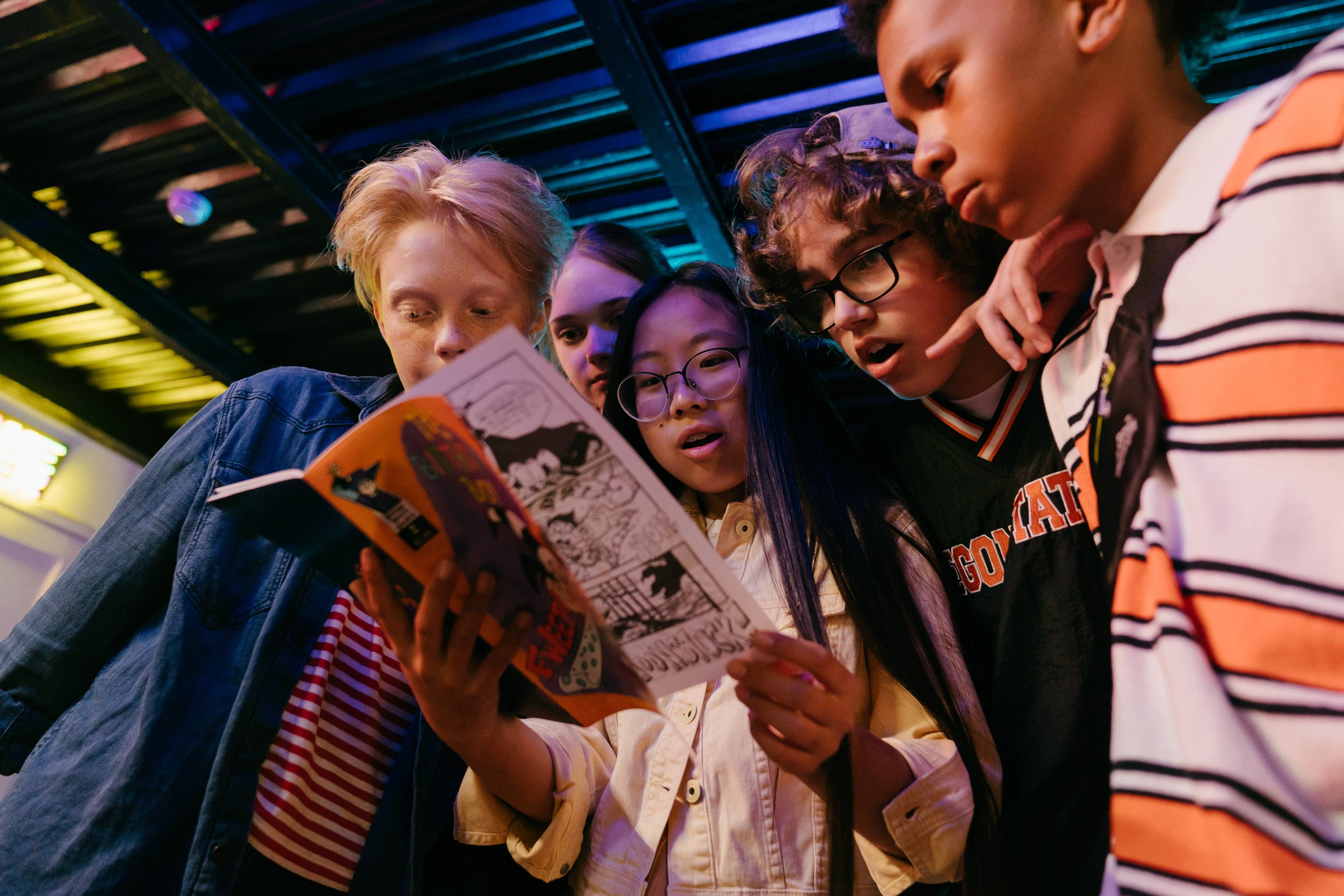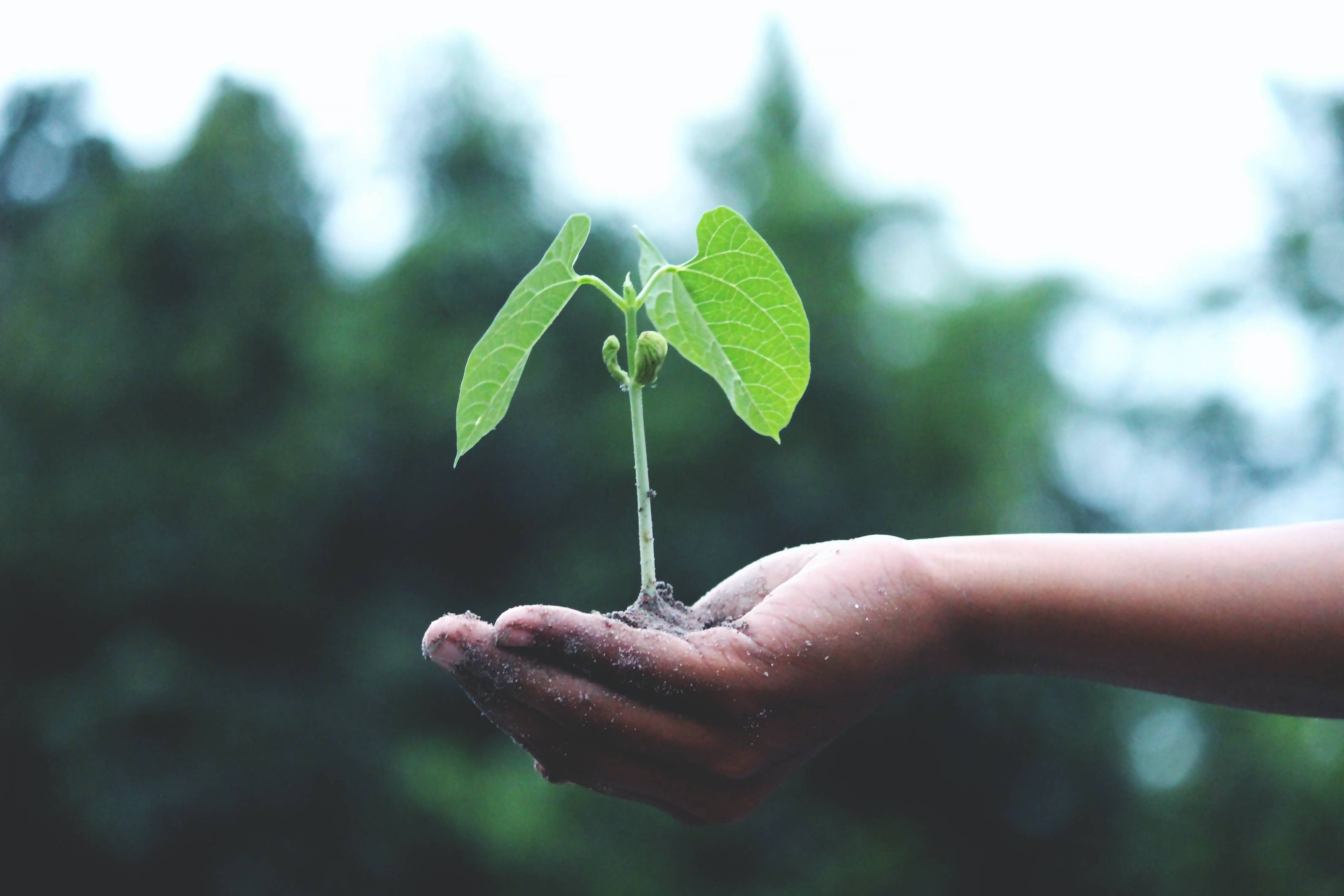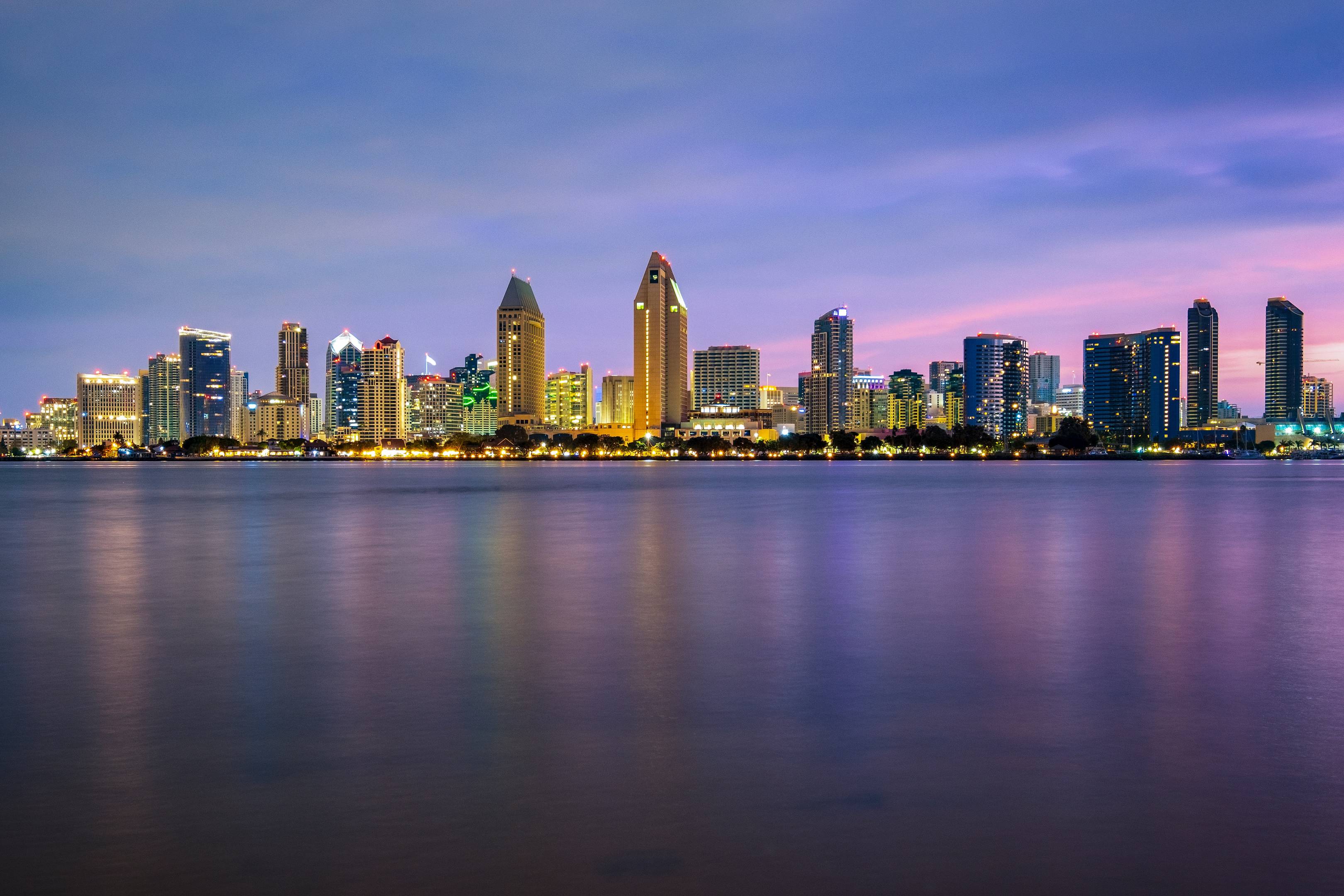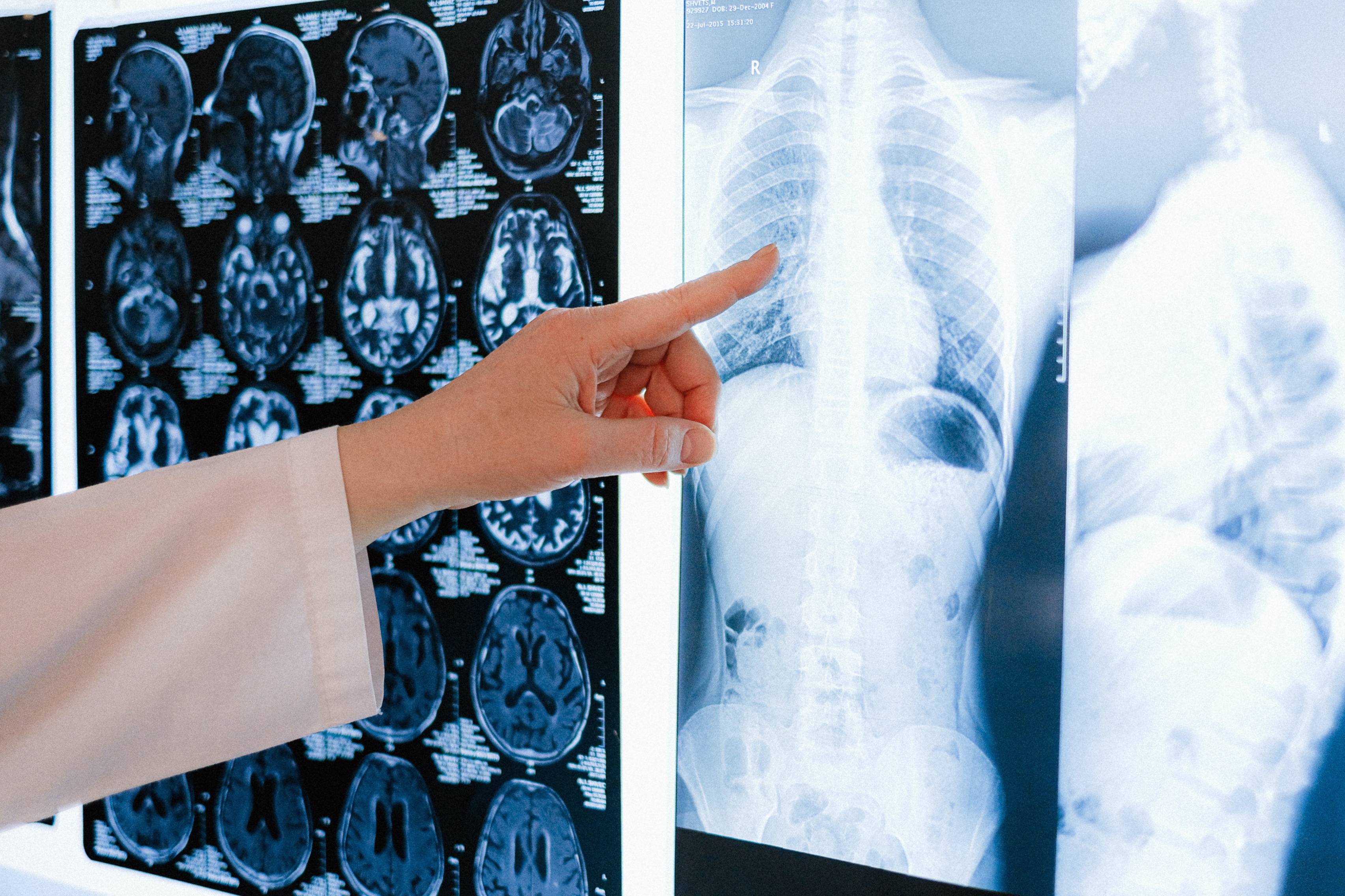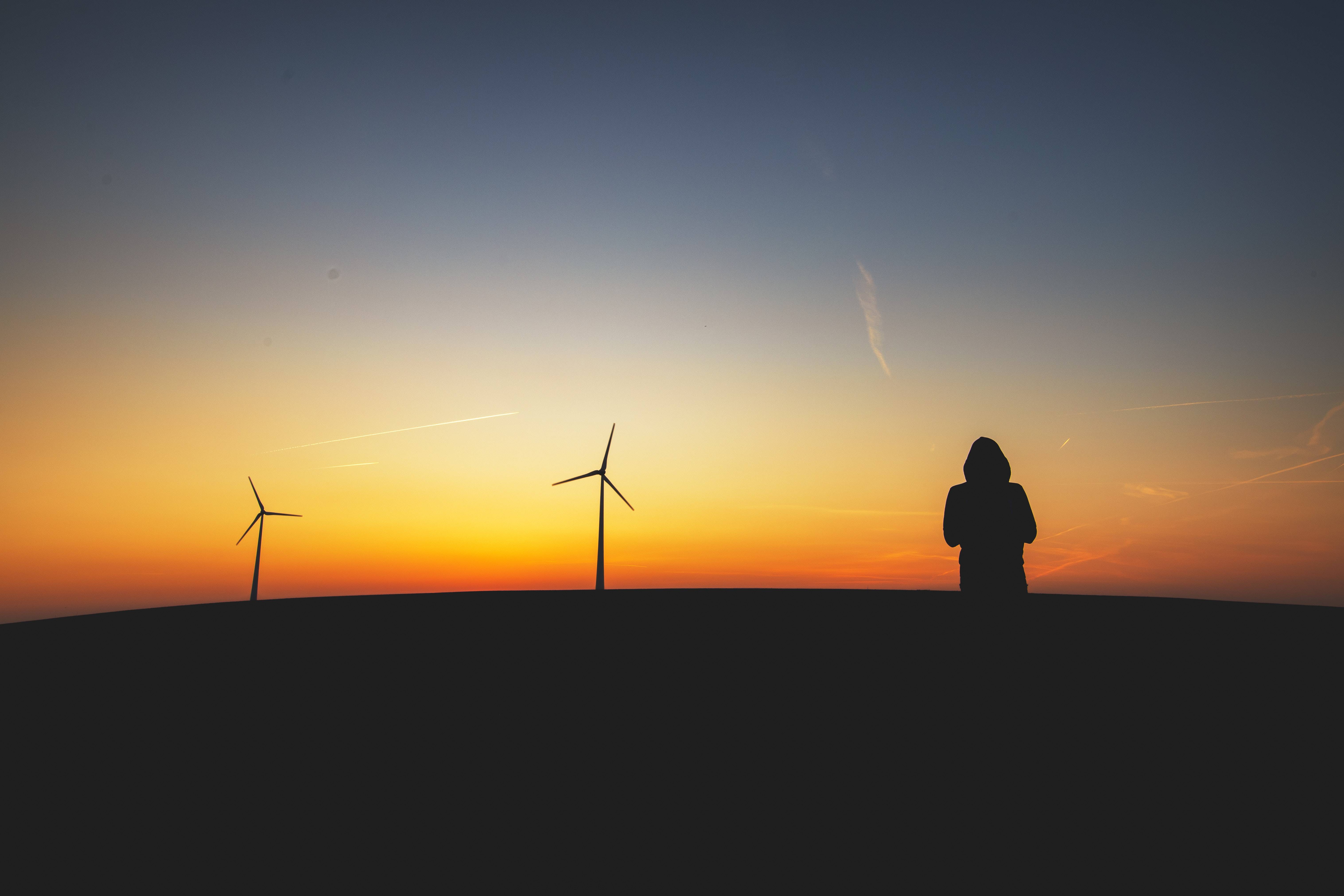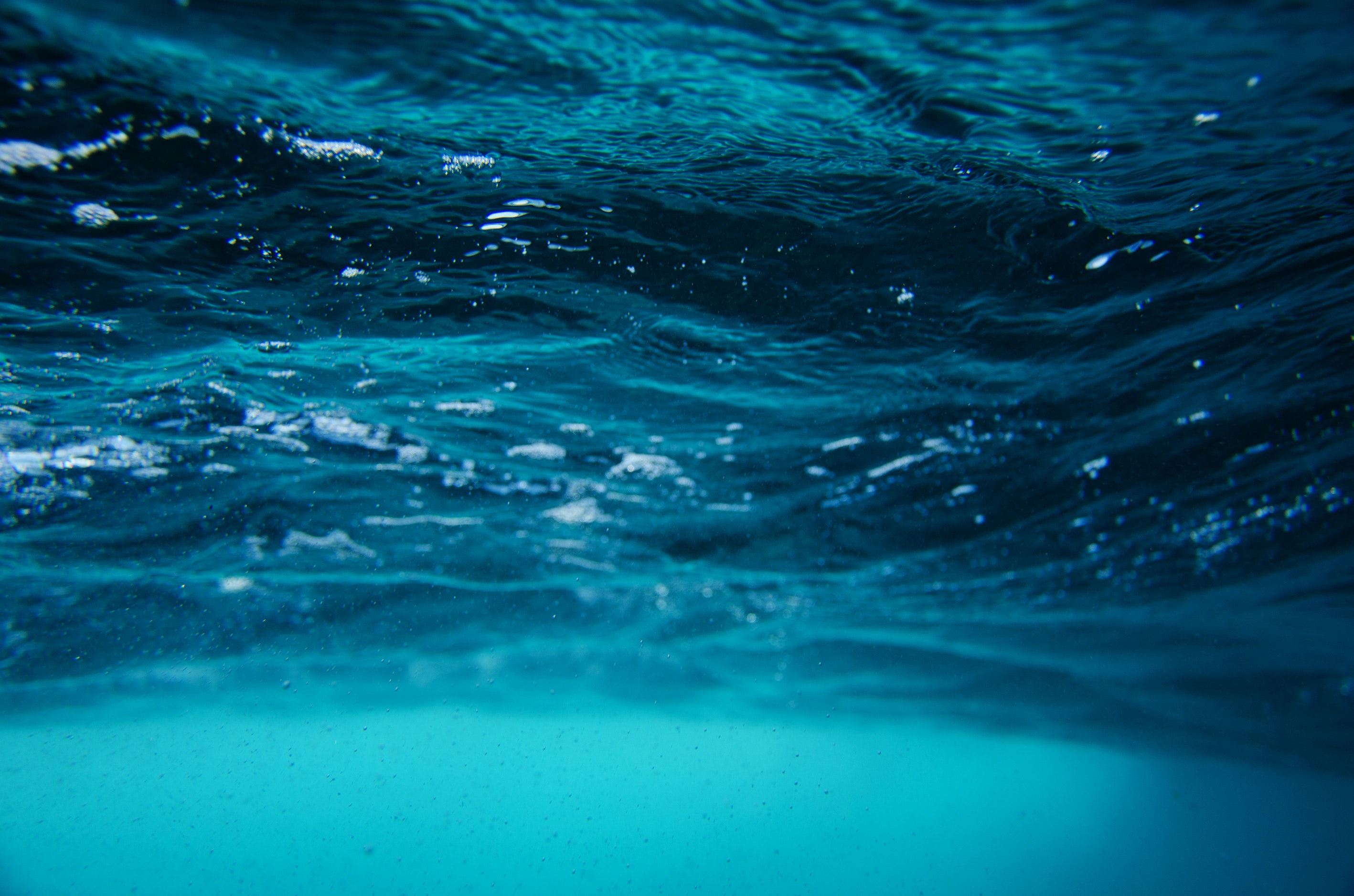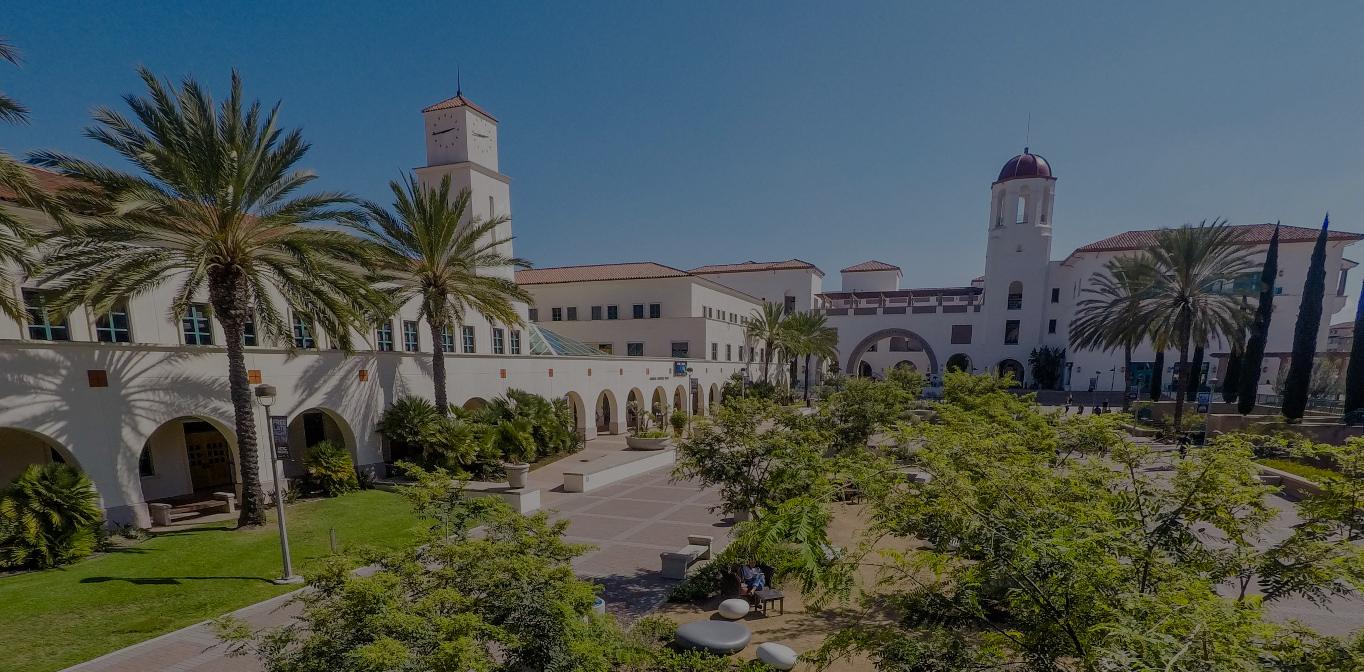Big Ideas
What are "Big Ideas"?
Big Ideas are transformative and transdisciplinary solutions to society’s grand challenges and represent a new approach to supporting SDSU’s faculty. Through Big Ideas, faculty-led research teams promote SDSU’s distinctive strengths for the betterment of the world.
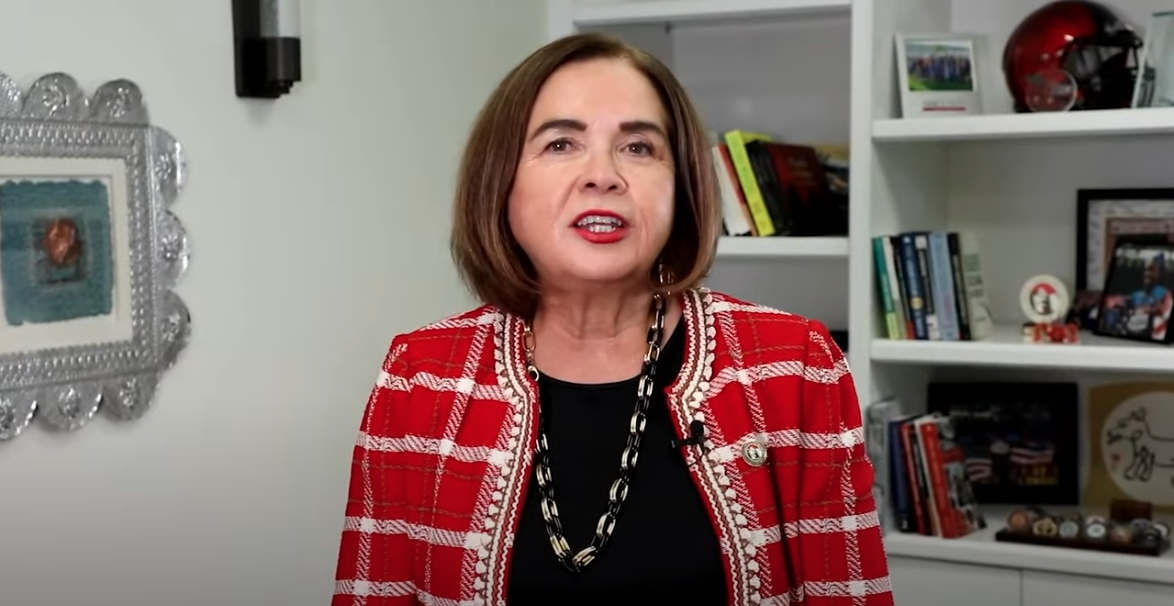
2021-2022 Big Ideas Finalists
Six projects have been named finalists for SDSU’s Big Ideas initiative. These faculty-led proposals embody SDSU’s distinct strengths and represent the 5-year strategic plan and dedicated outcomes to continue progress toward helping to resolve some of society’s greatest challenges.

